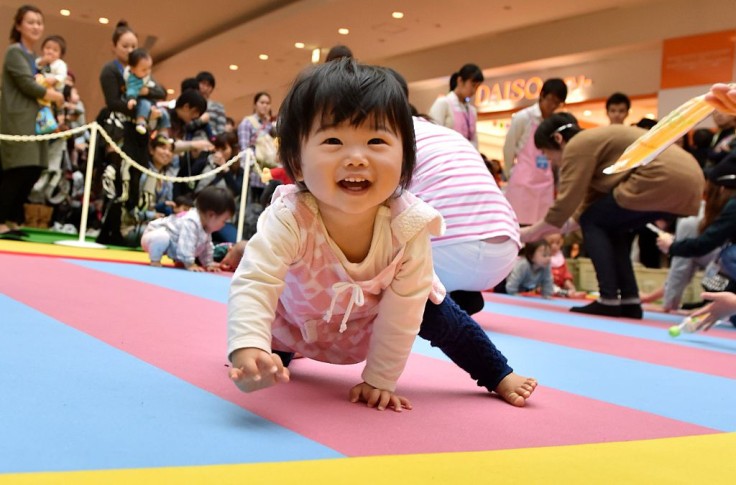
Witnessing the baby take their initial steps is a thrilling and memorable milestone in parenthood.
From an early age, the baby engages in activities like rolling, sitting up, shuffling, crawling, cruising furniture, and standing, slowly leading up to those first independent steps.
Baby's Walking Stage
Noticing the baby's trek toward independent walking is a sequence of significant moments, including sitting up at 6 months, crawling between 6-9 months, pulling up on furniture at 9 months, standing and exploring the room between 9-12 months, and finally taking those first steps around 11-13 months.
However, it's crucial to remember that every baby is distinctive, and the onset of walking may vary.
If the baby hasn't begun walking by 18 months despite passing developmental milestones, consult your pediatrician.
Late walking can have various reasons, such as delayed motor maturation, learning disabilities, or conditions affecting muscle development. Environmental factors, infections, premature birth, and injuries may also contribute.
Signs that the baby is about to walk include pulling themselves up, standing without support, furniture cruising, and crawling.
To aid their walking development, engage in play, encourage movement, and baby-proof your home for safety.
Avoid using baby walkers, as they may hinder natural muscle development.
When it comes to shoes, let the baby walk barefoot indoors to strengthen their foot muscles. Select well-fitting shoes for outdoor walks, considering factors like toe space, breathability, and regular checks for size adjustments.
After the baby starts walking, expect further developmental stages, such as standing alone, exploring with push-pull toys, an interest in stairs, and enhanced mobility by 18 months.
Welcome this exciting phase in your child's life, appreciating their growing confidence and independence.
When Do Babies Walk?
Before digging into the signs that indicate the baby is about to walk, it's crucial to understand when this milestone typically occurs.
According to pediatrician Denise Scott from Oklahoma, babies can begin walking anywhere between 9 and 18 months, allowing for a broad range of normal development.
Are you eagerly waiting for the baby's first steps?
It's a notable developmental milestone that many parents await. Whether the baby is just beginning to support themselves or already adept at standing, here are some distinctive signs that your baby will be walking soon.
6 Signs That Baby Will Walk Soon
Throughout their first year, babies go through various milestones that eventually lead to those much-anticipated first steps.
These milestones include rolling over, sitting up, and crawling. As your baby approaches the exciting moment of walking, there are several signs you can observe, and capturing these moments is a must.
- Pulling Up: Babies start preparing for walking when they begin pulling up on their own, usually around 8 months. They use furniture like a couch to stand, signaling their desire to be upright. This phase may last for up to three months before independent steps occur.
- Practicing Standing: After pulling up, babies may practice standing, even if only for a brief moment. This testing of balance and confidence on their own feet is crucial for developing the motor skills required for walking.
- Cruising: Cruising involves tentative steps while holding onto furniture. Some babies may cruise for months, while others may start walking shortly after standing up. Gently assisting them under their armpits or using a push toy can encourage this stage.
- Fussiness: As with teething, babies may become fussy and less tolerant when nearing a new milestone, such as walking. This fussiness could indicate that your baby is on the verge of becoming a walker.
- Sleep Changes: Babies go through various sleep changes during their early years, and some changes may coincide with developmental milestones like walking. While sleep alterations could be a sign, it's essential to discuss any concerns with your pediatrician.
- Increasing Confidence: Once your baby feels confident and steady, they will likely start testing their balance on their own. They may cruise alongside furniture and move between objects, showcasing an increased level of confidence. Childproofing becomes crucial at this stage.
While earnestly anticipating the baby's first steps is natural, it's important to remember that developmental timelines vary.
If there are concerns, don't hesitate to discuss them with the pediatrician. In the meantime, be patient, offer encouragement, and complete any necessary baby proofing.